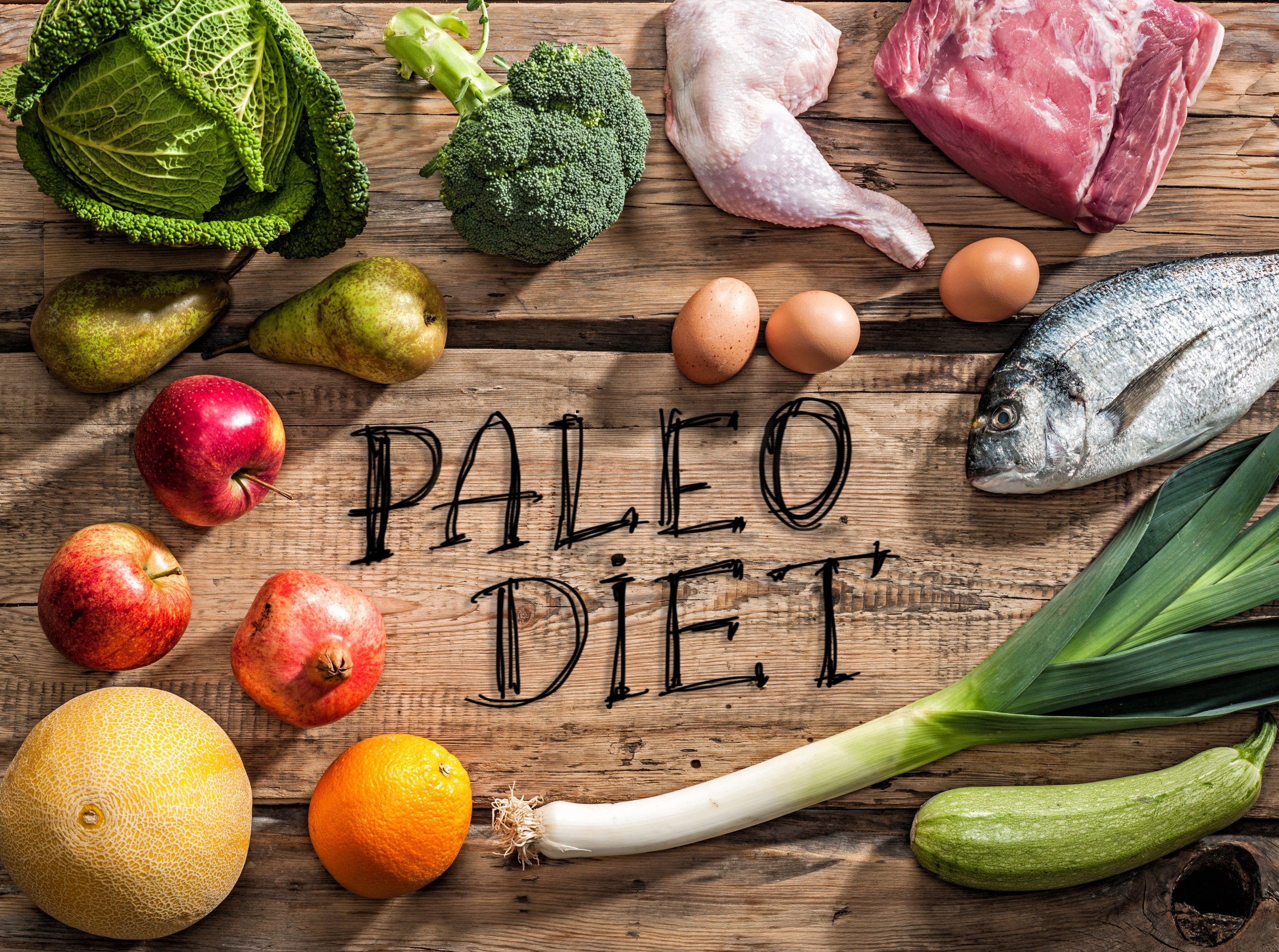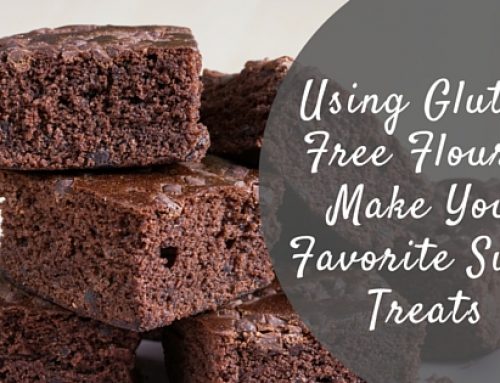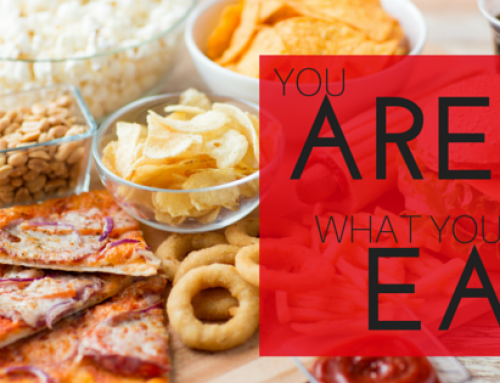Adopting a specialized diet may help with weight loss, and one popular diet today is known as the paleo diet. Fans of paleo say it provides many benefits including better sleep, clear skin, and extra energy for workouts. Adherents also say it stabilizes blood sugar, reduces the intensity of allergies, and helps dieters burn stored fat.
What is the Paleo Diet?
The paleo diet focuses on lean protein, fruits and vegetables, and healthy fats. The diet asks us to avoid dairy, grains, and processed food, and it also prohibits legumes, starches, and alcohol. Some variants of the diet do allow dairy and limited grains like rice.
The concept of the paleo diet is that eating like our ancestors may reduce our risk of disease, as well as improve health and fuel weight loss.
Those who adhere to paleo believe modern diets of processed food and refined sugar harm the body. They say a paleo lifestyle is better for gut health, keeping the heart strong, bad cholesterol down, and blood glucose at a healthy level.
What’s the Science Behind the Paleo Diet?
As one of the most popular specialized diets today, the modern paleo diet saw its beginnings in the 1970s with research by a gastroenterologist named Walter Voegtlin. In the early 2000s, some nutritionists expanded on his ideas and suggested the diet of a stone-age human could prevent disease because early humans didn’t suffer from the same ailments as modern humans.
In the wake of the diet’s popularity, scientists have conducted a variety of small studies tracking changes in the body when eating a Paleolithic diet. For example, one study in 2007 found the diet could improve glucose tolerance in some patients. Another small study showed participants lowered blood pressure when adopting a paleo diet for a short time.
However, scientists have yet to conduct any large-scale studies that confirm or deny the long-term health benefits or risks of the paleo diet.
Is Paleo Right for Me?
Diets like Atkins, The South Beach Diet, and the paleo diet share a lot of space on the average bookstore shelf. However, there isn’t a single restrictive or specialized diet that can claim it’s “right” for everyone.
One criticism of paleo is the idea that early humans never ate grains. An article in the journal “Science” suggests Middle Stone Age tools have revealed evidence that early humans ate starches like sorghum grasses.
The idea that processed food and refined sugar harm our bodies might be the most valuable concept you can learn from paleo. Virtually all health professionals would recommend a diet of natural foods that are free of artificial ingredients. If you choose to try the paleo diet, do so under the care of a nutritionist or doctor.
Disclaimer
These statements and products have not been evaluated by the food and drug administration “FDA” and are not intended to diagnose treat, cure or prevent any disease. The products, nutrition, and or lifestyle suggestions on this site, or in this blog or any of its written content, you should always consult your primary care physician before taking any of these things into consideration.







